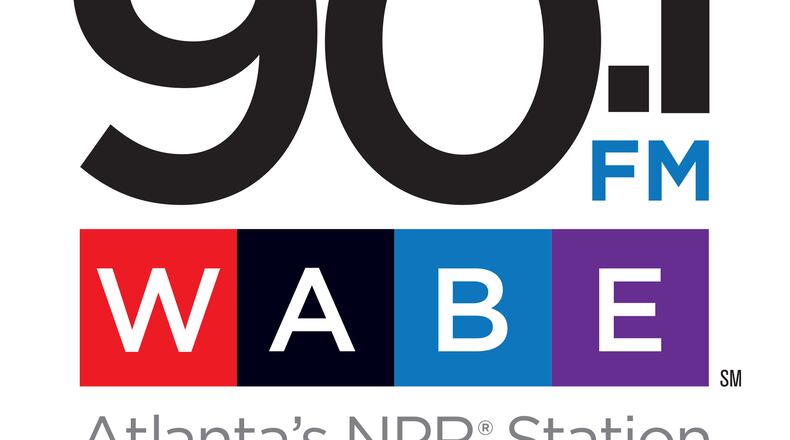In an open letter released today, Louis Sullivan, chairman of Public Broadcasting Atlanta's board of directors, blasted the Georgia State University partnership which allows Georgia Public Broadcasting to use its 88.5/WRAS-FM's airwaves for public radio news and talk programming 90 hours a week.
That deal went into effect this past Sunday.
Sullivan wrote that this is "bad public policy—fiscally, substantively, and procedurally. This transaction should be revisited by the parties and it should be significantly modified or rescinded."
WABE-FM airs a mix of classical music and public radio programming such as "Morning Edition," "This American Life" and "Fresh Air."
About 64 percent of GPB's programming is the same programming offered by WABE on its 90.1 FM airwaves. Sullivan calls this "an unwarranted duplication of service. It is a waste of Georgia’s tax dollars that could be better allocated elsewhere."
Sullivan also notes that GPB is heavily taxpayer subsidized. That is not the case with WABE. While Atlanta Public Schools owns WABE, the station is largely self sufficient, with minimal reliance on APS.
"(A)t best, what can be gleaned from GPB's financial statements is that, in 2013, GPB received $13.4 million in state appropriations, some 47% of its annual operating budget. By contrast, PBA operates a $12.6 million budget without any state or local taxpayer dollars for its operations.
Credit: Rodney Ho
Credit: Rodney Ho
Indeed, I have studied PBA's finances over the years and the station has thrived over the past decade. They have a solid balance sheet and were able to grow even during the recession. (They do get a bit more than 10 percent of their budget from the federal government.)
Sullivan also noted the legacy of WRAS and how this arrangement would neuter the station. He pointed out how major WRAS stakeholders were excluded from the negotiation process, including the students themselves. "Had all relevant stakeholders been provided the chance to share their views on this, many of the problems this arrangement presents would have come to light and could have been appropriately factored into a decision," Sullivan wrote.
Credit: Rodney Ho
Credit: Rodney Ho
He then cut to the chase: "GPB desires to cut into PBA’s Atlanta community fundraising base."
While GPB has characterized this has healthy competition, Sullivan sees it differently: "One public broadcasting service using its Georgia taxpayer funded position to undermine the Atlanta community support of another public broadcasting service is irresponsible."
He said GPB and PBA should be more collaborative, not competitive. (In an interview a few weeks ago, PBA COO John Weatherford told me since Teya Ryan took over GPB, efforts at collaboration between the two organizations have withered.)
Ultimately, he added, "The WRAS agreement is antithetical to the spirit of collaboration and to the stewardship of the limited resources entrusted to us for providing services to the public."
A GPB spokeswoman said the organization declines to publicly comment about the letter.
Recent stories about the GPB/WRAS arrangement:
About the Author
Keep Reading
The Latest
Featured






